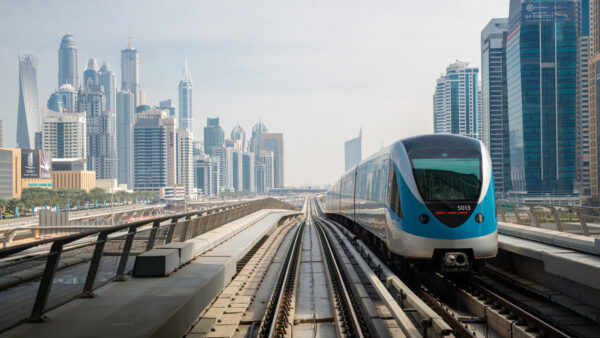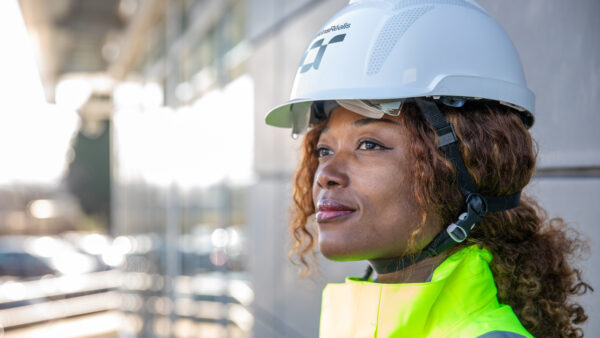In response to many months of industry pressure, the European Union (EU) has imposed big duties on Chinese steel products used in construction to combat what it says is Chinese dumping.
But China has protested, calling the measures “unjust and unreasonable”, and has urged the EU not to “rashly adopt trade protectionism and restrict fair competition”.
Europe’s steel industry has been in trouble for years, losing 85,000 jobs since 2008, according to trade body Eurofer.
The UK has been particularly hard hit, with tens of thousands of steel-making jobs lost in recent years.
Steelmakers blame China, who they say is dumping excess steel into Europe at knockdown prices just to keep domestic factories producing amid its own economic slowdown.
Figures from the International Steel Statistics Bureau show that the volume of steel imported from China to the UK shot up by 82% between 2012 and 2015, while the average price per tonne of that steel fell by 36%.
In what it called “a swift reaction to unfair competition”, the EU’s executive branch, the European Commission, announced last week on 7 October that it would impose duties ranging between 65.1% and 73.7% for Chinese heavy steel plates, and 13.2% and 22.6% for hot-rolled steel.
The Commission said its investigations showed that the Chinese products had been sold in Europe at heavily dumped prices, and that the measures would give EU companies “necessary breathing space”.
After six months the Commission will decide whether to extend the duties for several years.
China hit back, saying the “unjust and unreasonable” measures would “seriously damage the interests of Chinese enterprises” in a statement posted to the Commerce Ministry’s website on Monday, 10 October.
The statement argued that Chinese steel products “take up less than 5% in EU market and could not impact the EU steel industry”, and blamed Europe’s steel woes on weak economic growth, not trade issues.
China also objected to the Commission’s use of the “substitute country” investigation, which is usually reserved for countries deemed non-market economies under World Trade Organisation (WTO) rules. China aims to graduate to market economy status in the WTO in December, having completed its 15th year as a WTO member.
To date the EU’s position has been that China is not a proper market economy.
Image: Hot rolled steel plate being made in China (Steelfromchina.com)






